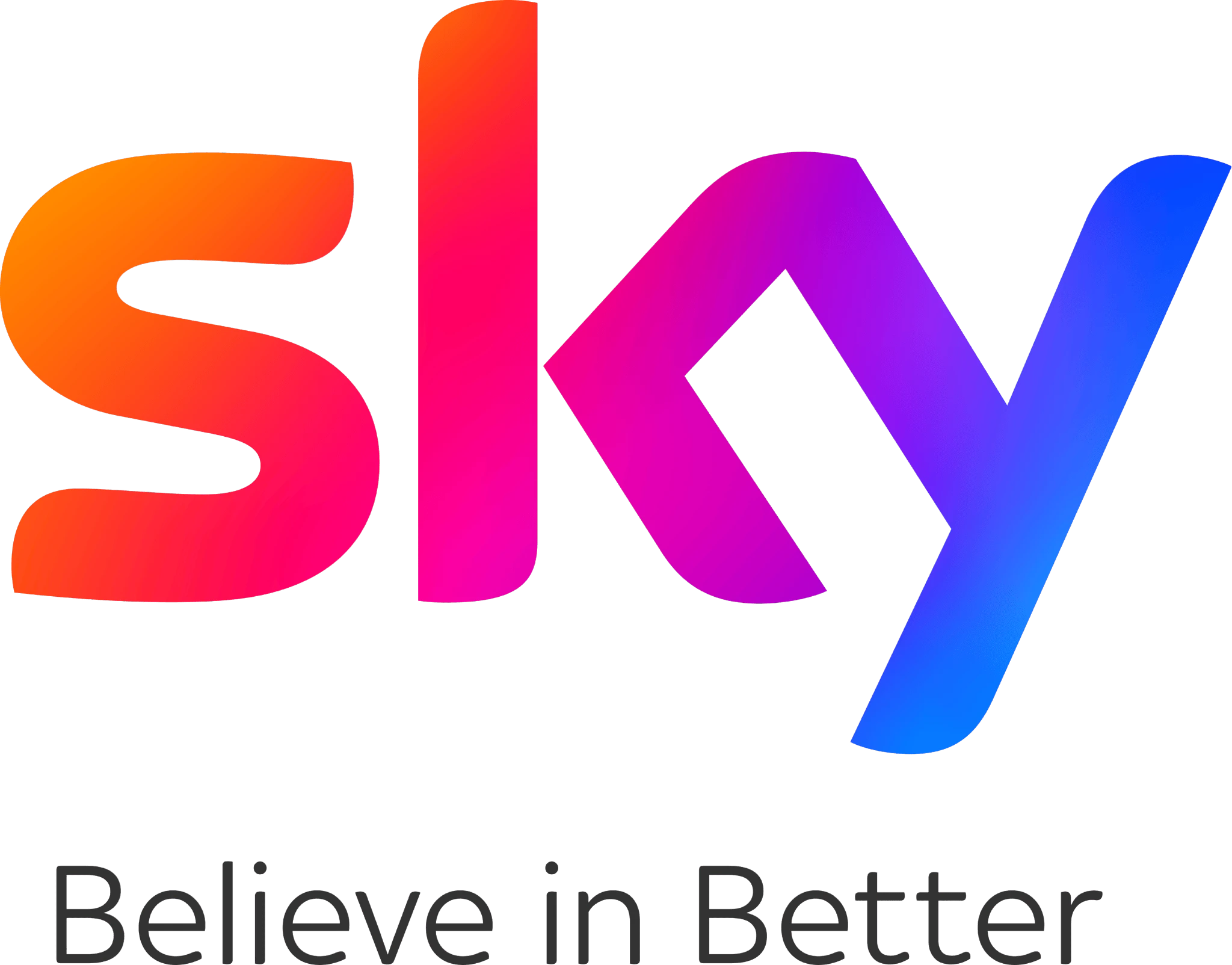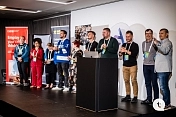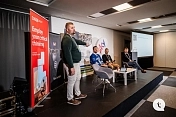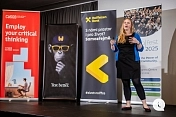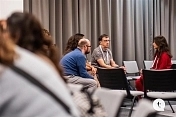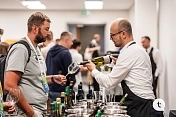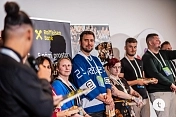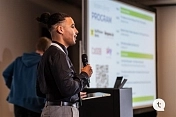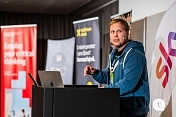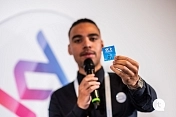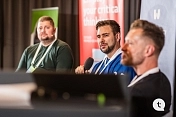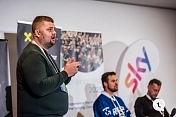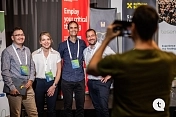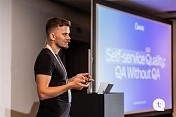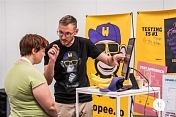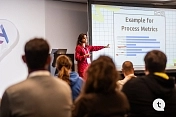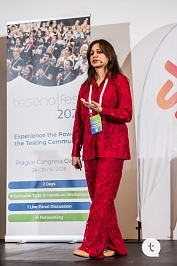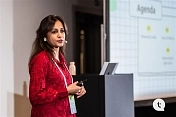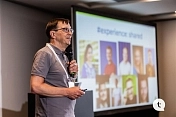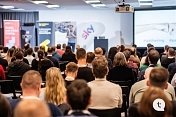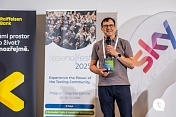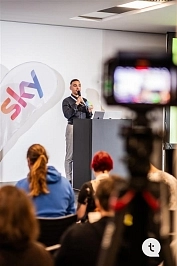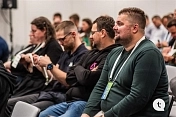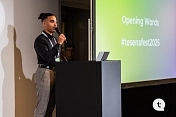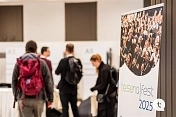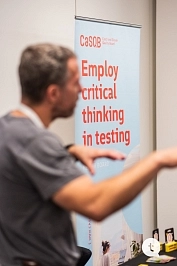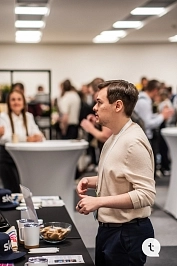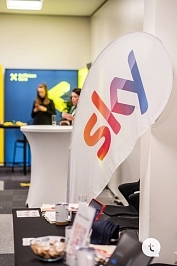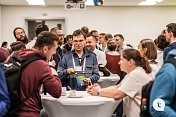If you've heard about Quality Engineering and you're wondering how to actually get started, this practical, hands-on workshop is for you.
Creating a Quality Engineering Strategy is a great first step to move beyond testing and start building quality into the way your team works. In this workshop, you'll learn how quality engineering differs from traditional testing, and how a QE strategy can help you prevent, detect, and correct quality issues — not just in your products, but also in the processes you use to build them.
Through a mix of short talks, group exercises, and discussions, we'll explore the key ideas behind quality engineering — and you’ll start putting them into practice.
What We'll Cover:
- Session 1: What Does Quality Really Mean?
Understanding what quality is and how different customers and stakeholders see it.
- Session 2: Maximising Flow:
How to spot waste, add feedback loops, and find opportunities for continuous improvement in your team's process.
- Session 3: Quality Risks:
Identifying and prioritising risks that could affect product and process quality.
- Session 4: Bringing It All Together:
Creating a first draft of a Quality Engineering Strategy for your own context.
Three Things You'll Take Away:
- Quality is Everyone’s Responsibility:
How to get your whole team thinking about quality, not just testers.
- Continuous Improvement:
Improving products, processes, and teamwork — not just fixing bugs.
- Effective Risk Management:
Tools for spotting and tackling risks early, before they turn into expensive problems.
Why This Workshop?
You'll leave with the knowledge and confidence to start building your first Quality Engineering Strategy with your team. No previous experience with QE is needed — just your own testing experience and a willingness to think a bit differently about quality!




















